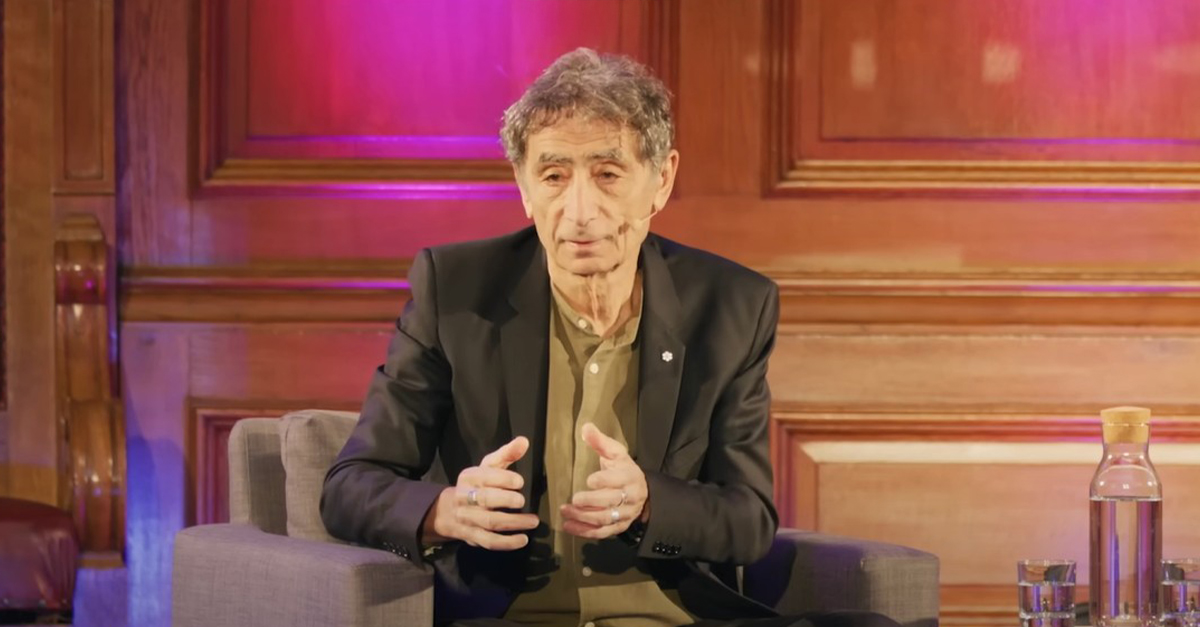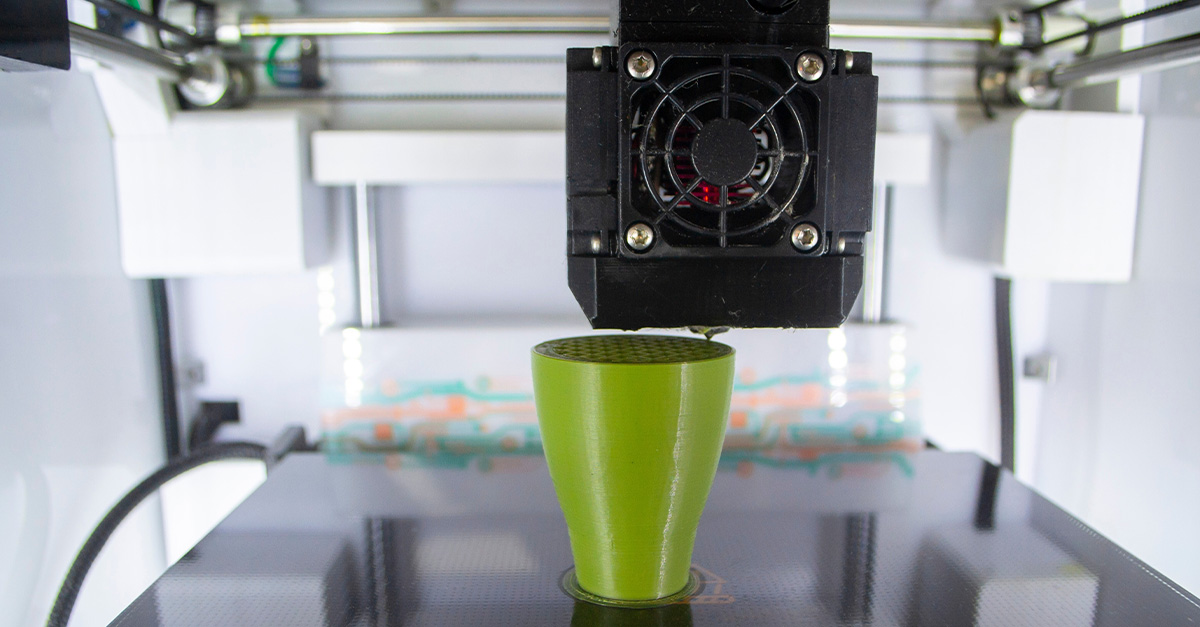In his 2022 book The Myth of Normal: Trauma, Illness & Healing in a Toxic Culture, Dr. Gabor Maté argues that many of our chronic physical and mental illnesses aren't personal failures or genetic misfortunes, but the natural outcomes of living in a society that has normalized dysfunction, disconnection, and emotional repression. The book is a critical analysis of Western medical thinking; it's also an ambitious proposal to transform the way we look at human health.
Trauma, The Body, And The Mind
Maté’s core idea is that trauma isn’t just about catastrophic events, but signifies deeper, less obvious forms of emotional neglect, stress, and disconnect from people around us. In this view, trauma isn't so much about what happens to us, but about how our systems respond. When left unattended, trauma can start a cycle of ongoing dysregulation of the nervous, hormonal, and immune systems.
 Gabor Gastonyi, Wikimedia Commons
Gabor Gastonyi, Wikimedia Commons
Physical Ailments, Emotional Roots
Maté draws on his own decades-long clinical experience to show how autoimmune disorders, addictions, anxiety, depression, and even cancer often have their sources in emotional wounding. His view is that trauma isn’t a rare exception, but an ever-present undercurrent of our modern life.
A Culture Of Suppression And Productivity
According to The Myth of Normal, Western societies place the highest value on independence, self-reliance, and unceasing productivity, coming at the expense of emotional authenticity. Children are taught to suppress their feelings in order to be “good,” and adults are rewarded for staying busy, staying silent, and ignoring their own inner turmoil.
Disconnection From The Self
Disconnection from the self, Maté argues, is what leads to illness. When we’re unable to express who we really are or acknowledge our pain, the stress has nowhere to go. This internal tension can later surface as physical disease. In other words, society itself turns into a petri dish for the spread of illness by promoting values discouraging vulnerability and emotional honesty.
Reimagining Health As A Sense Of Wholeness
Maté says there’s no quick fix for the current situation. He wants an overhaul of how we see health: not as the absence of disease, but as a state of wholeness. True healing requires reconnection to our emotions, bodies, communities, and pasts. People need honest compassionate self-inquiry and to validate long denied emotions. Healing may involve therapy, mindfulness, community, creativity: in short, a commitment to being authentically ourselves.
What It Means For Our Society
One of the biggest takeaways from The Myth of Normal is that healing isn’t an individual journey, but a cultural project. Maté strongly recommends broadscale systemic changes, including trauma-informed schools, holistic healthcare systems, and workplaces that allow for rest, empathy, and expression. His critique is particularly aimed at the current medical model, which is focused on symptoms and not root causes.
Commitment To Something Better
Maté makes no bones about how marginalized groups, facing either poverty, racism, or childhood adversity, take on the lion’s share of trauma’s toxic fallout. For these communities, the injustices of our society aggravate emotional pain, making illness even more probable. That’s why healing has to include a general commitment to equity and social change.
Criticism Of Maté’s Approach
Maté has many supporters, but critics note Maté sometimes wanders far in linking emotional trauma to physical illness without strong empirical support. These critics argue that his approach is so broad as to be overwhelming for those looking for basic strategies. Others say that anecdotal case studies, while compelling, are no substitute for clinical trials or scientific research. With that in mind, his message will still resonate deeply with many readers.
Compassion Over Conformity
Dr. Gabor Maté’s The Myth of Normal asks readers to look beyond symptoms and see deeper stories hidden beneath the veil. It’s a vigorous appeal for compassion over conformity, and authenticity over performance. The book, and the author’s work as a whole, sends a hopeful message that healing is possible when we turn from attacking the symptoms of our pain and begin listening to its sources.
You May Also Like:
Lifestyle Changes To Improve Your Anxiety
In The Danger Zone: Signs Of Emotional Exhaustion And What To Do To Recover
The Gut-Brain Connection: Why Healthy Digestion Is Important










